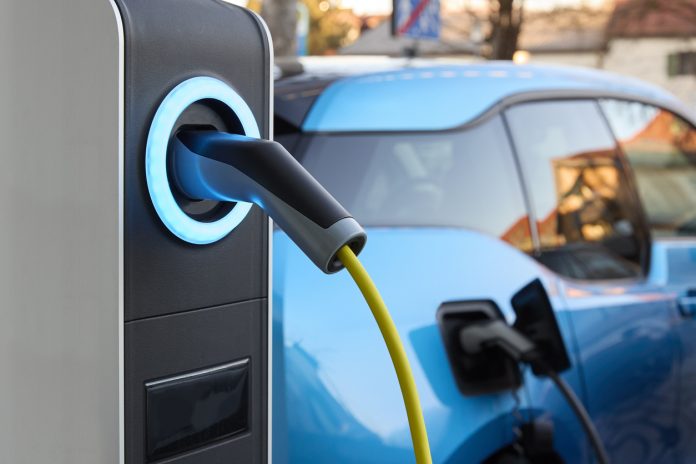In a breakthrough that could change the durability of lithium-ion batteries, European researchers have revealed a new charging protocol that significantly extends battery service life
The study, led by Philipp Adelhelm from the Helmholtz Centre Berlin and Humboldt University, in collaboration with TU Berlin and Aalborg University, challenges traditional knowledge on battery charging.
Published in Advanced Energy Materials, the research focuses on improving the longevity of lithium-ion batteries used in electric vehicles.
Making electric vehicle batteries last longer
Traditionally, these batteries are charged using a constant current flow, but according to the study, this method speeds up battery ageing. The team explored a new approach using pulsed current (PC) charging, which involves alternating high-frequency bursts of energy during the charging process.
During experiments, commercially available NMC532 cells with graphite anodes were subjected to both conventional constant current (CC) charging and the new pulsed current (PC) charging.
The results showed that cells charged with constant current showed thickened solid electrolyte interfaces (SEI) at the anode and structural damage to the electrodes, leading to reduced capacity over time.
In contrast, cells charged with pulsed current showed a thinner SEI interface and fewer structural changes, enhancing battery durability.
Pulsed current charging
Further analysis using advanced techniques like operando Raman spectroscopy and X-ray absorption spectroscopy revealed the underlying mechanisms. Yaolin Xu, a researcher at the Helmholtz Centre’s ‘BESSY II’ facility, noted that pulsed current charging promotes a more uniform distribution of lithium ions in the graphite, reducing mechanical stress and preserving electrode stability.
The team found that the effectiveness of pulsed current charging is highly dependent on frequency. Higher frequencies caused the most significant benefits, potentially doubling battery cycle life with up to 80% capacity retention.
Julia Kowal, an expert from TU Berlin, highlighted the transformative potential of this new charging method, suggesting that pulsed charging could improve the stability of electrode materials and interfaces, therefore extending battery service life.
By adopting pulsed current charging protocols, manufacturers could potentially enhance the reliability and longevity of lithium-ion batteries, leading to longer-lasting electric vehicles on the road.
The study shows a significant effort towards addressing one of the key challenges in electric vehicle technology: maximising battery lifespan without compromising performance.













